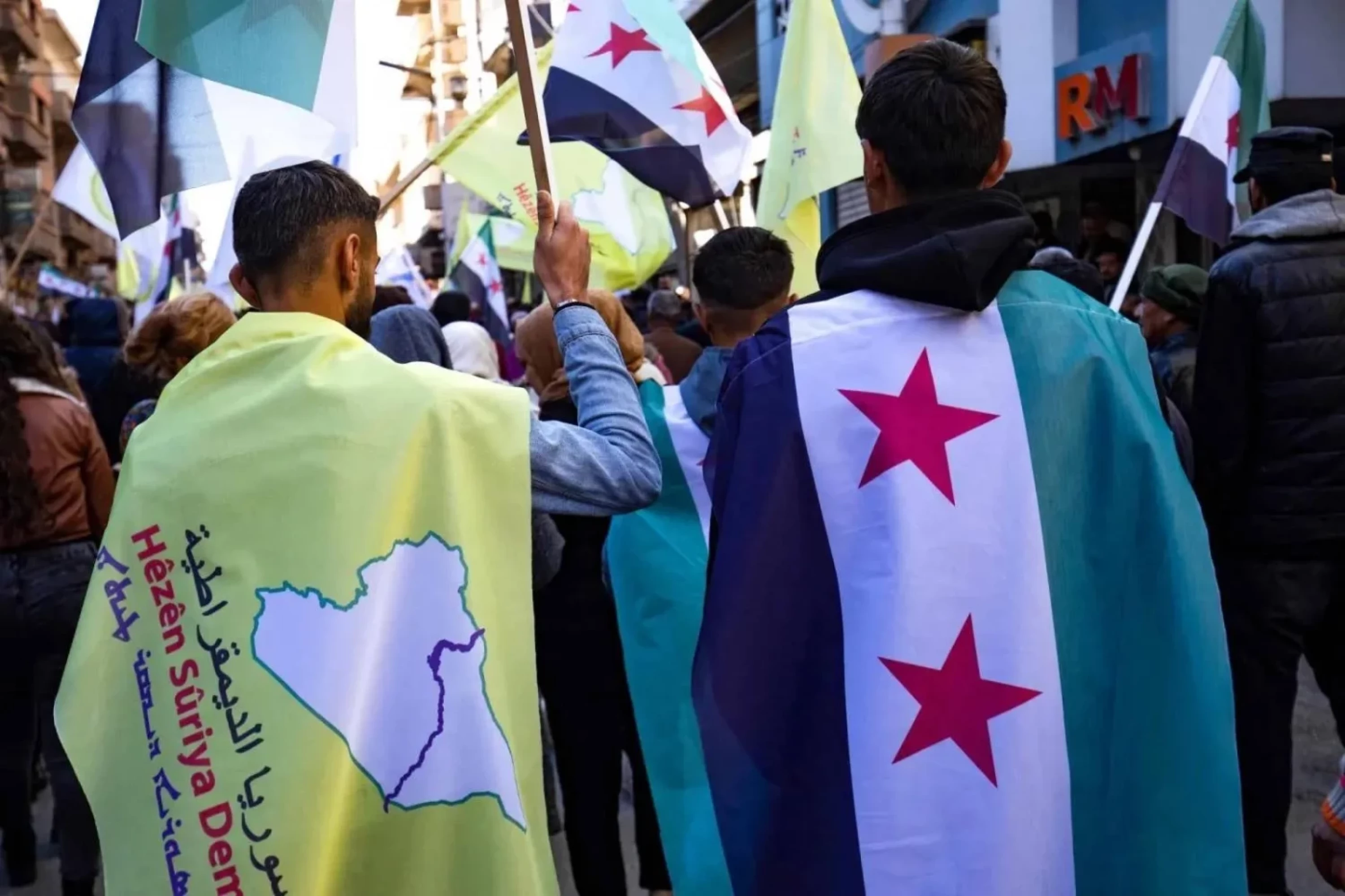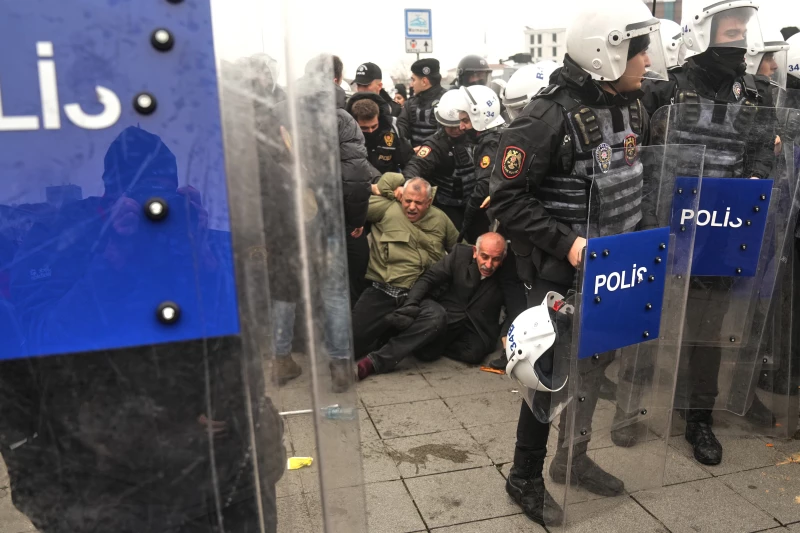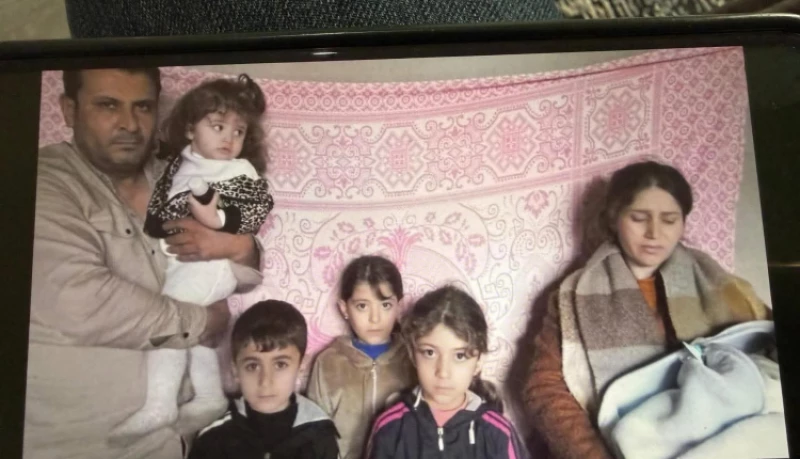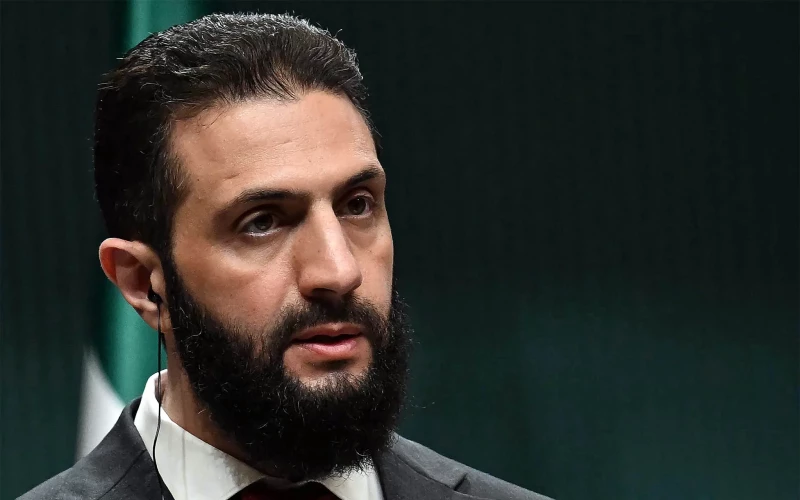ERBIL, Kurdistan Region of Iraq – The Kurdish-led Syrian Democratic Council (SDC) on Tuesday said decentralization “is not just an option” but a crucial step towards a unified, democratic, and stable state, despite Damascus authorities firmly and repeatedly rejecting non-central governance.
“Decentralization has become an urgent necessity to rebuild the country and enhance its political and security stability, particularly in the vital coastal areas and other provinces with social and cultural diversity,” the SDC said in a statement.
“After years of conflict and division, it has become clear that the traditional centralized system is no longer capable of accommodating this diversity,” it added.
The SDC is the political wing of the Kurdish-led Syrian Democratic Forces (SDF), which is the global anti-ISIS coalition’s main partner on the ground and the de facto army in northeast Syria (Rojava).
Since Bashar al-Assad was toppled in December, minorities in the country have repeatedly called for a decentralized system, something Damascus has firmly rejected as attempts to divide the country.
The new authorities in Damascus have also been criticized for failing to protect minorities, with clashes erupting in the Alawite-majority coastal regions, Druze-majority Suwayda in southern Syria, and Kurdish-majority neighborhoods in the northern city of Aleppo.
In the statement, decentralization was presented as an “organizational and political framework that empowers local communities to actively participate in decision-making, managing resources and developing their economic, political and social lives in a manner consistent with their unique characteristics.”
“In this sense, decentralization is not merely an administrative option, but rather a vital strategic step toward building a democratic governance model that preserves the unity of the state and enhances its stability, through the distribution of power and the activation of local communities as essential and effective components of the comprehensive national transformation process,” the SDC asserted.
Kurdish and Damascus-affiliated forces have clashed multiple times in recent months, with both trading blame for the escalations.
On Monday, the SDF and the Syrian government met to discuss resolving tensions. During the meeting, in the Kurdish-held town of Tabqa in the northern Raqqa province, the SDF handed over a number of detainees to Damascus as “a gesture of goodwill.”
On March 10, Syrian President Ahmed al-Sharaa and SDF chief Mazloum Abdi signed a deal that would see the SDF and institutions in Rojava integrate into the Syrian state apparatus. Despite the agreement, both sides have proceeded with caution, and the deal has yet to be implemented.
Earlier in October, Syrian Foreign Minister Asaad al-Shaibani told a joint presser with his Turkish counterpart Hakan Fidan that “the SDF has been slow” in implementing the agreement, accusing them of not taking “any practical steps” to execute the deal.
Two days later, the SDC warned of Damascus’ “repeated violations” of the March 10 agreement and delay in its implementation, renewing calls for a decentralized Syria.



 Facebook
Facebook
 LinkedIn
LinkedIn
 Telegram
Telegram
 X
X


